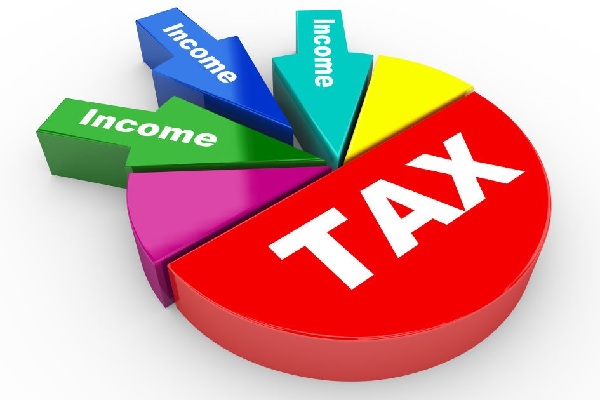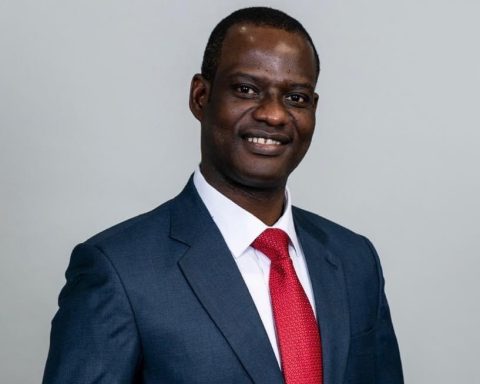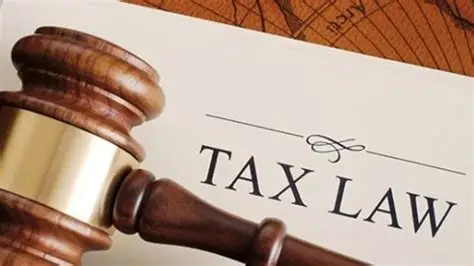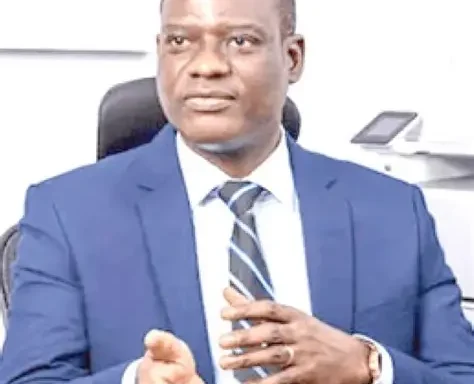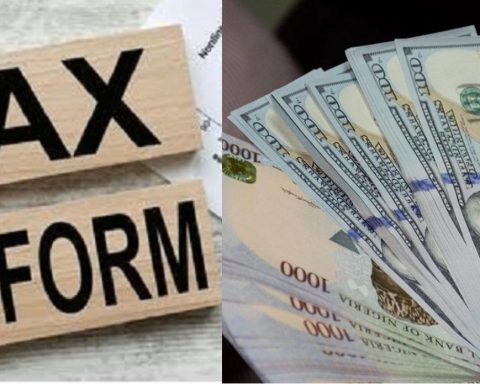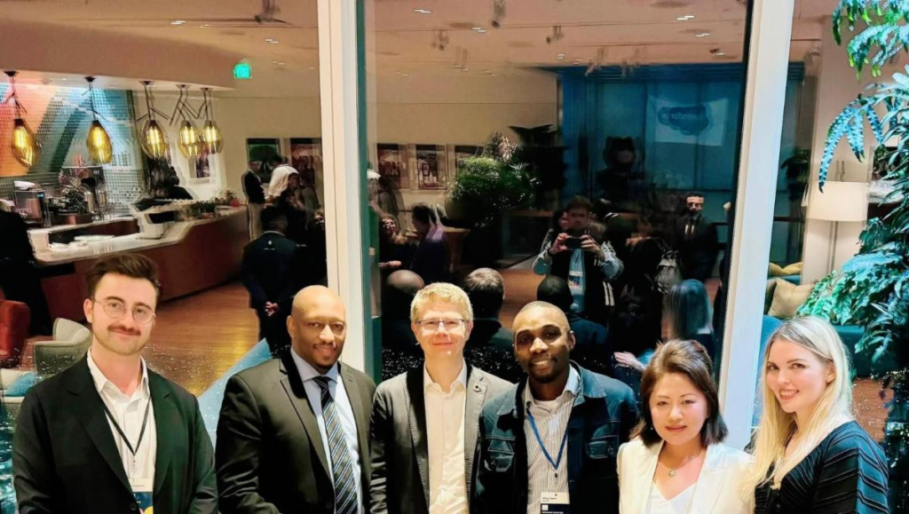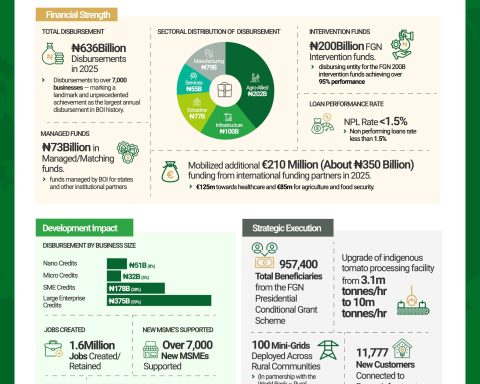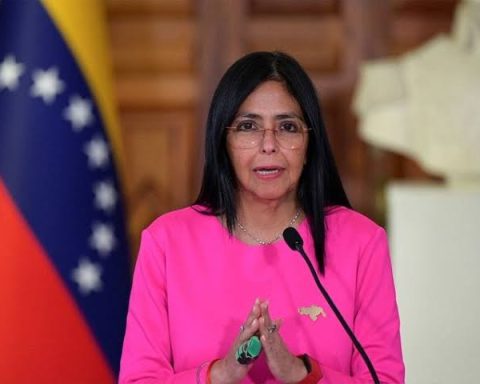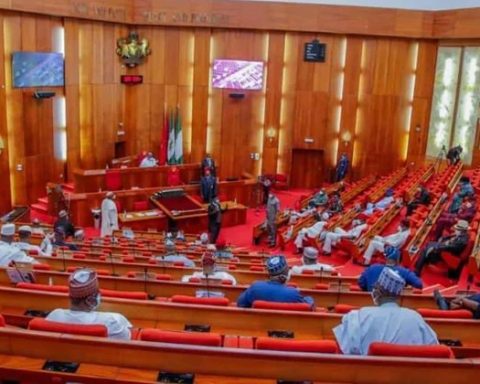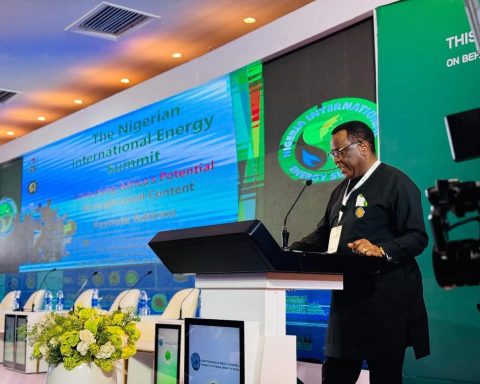The Nigerian media have been agog with the fights between President Tinubu and the National Assembly on a proposed Tax Reform Bill. As this was ongoing, social media also set alight with advocacies from some Nigerians asking government in the country to borrow a leaf from Ghana, which is removing import taxes, instead of hiking them like Nigeria.
About Tinubu’s Tax Reform
Nigeria’s president, Ahmed Bola Tinubu, is currently pushing a tax reform bill through the National Assembly. Officially called the “Nigeria Tax Bill 2024”, the tax reforms are being touted to simplify and overhaul Nigeria’s tax system, boosting revenue generation and improving business environments. The key components include a Value-Added Tax (VAT), which proposes a gradual increase in VAT rates, exempting items like exports in oil and gas, baby products, military hardware, and electricity supplied to the national grid. The bill also proposes to exempt smaller businesses (with revenue below ₦50 million) from Corporate Income Tax (CIT), while larger corporations would see a rate of 27.5% in 2025, reducing to 25% from 2026. There is also Digital Economy Taxation targeting digital assets and online transactions. A fourth one is Development Levy on corporate profits to fund education, while yet another one is the personal Income Tax (PIT), which imposes rates that increase with income.
Join our WhatsApp ChannelWhy Nigerian lawmakers oppose Tinubu’s tax reform
Some Nigerian lawmakers and governors, especially from Nigeria’s northern region, oppose President Tinubu’s tax reform bill primarily due to concerns about the distribution of Value Added Tax (VAT) based on where goods and services are consumed, rather than where tax-withholding companies are headquartered. Northern leaders argue this change would disadvantage their states, which are generally less industrialized and would likely receive less VAT revenue under the proposed “derivation-based” model.
Individual governors in these regions, including the Northern Governors’ Forum, have asked lawmakers to reject the bill, fearing it could reduce funds allocated to their states and widen regional disparities in revenue sharing. Unfortunately, no one is talking about the short and long-term impacts of the policy on the Nigerian economy. And this is my worry: As in the oil sector, all the fight is about revenue allocation, not economic development.
Ghana is walking into Nigeria-type Trap
On the other hand, Ghana’s new tax policy in the 2024 budget extends VAT zero-rating on locally manufactured textiles and vehicles assembled in Ghana until the end of 2025. Additionally, raw materials for the pharmaceutical industry and sanitary pads are now exempt from VAT and import duties to bolster local manufacturing and make essential goods more affordable. The Ghanaian government has introduced an import duty waiver for electric vehicles used in public transportation and for local assemblers of electric vehicles. This waiver extends for eight years, and is believed to have the capacity to encourage sustainable transport options. To promote food security and health, the budget removes import duties from medical consumables, agricultural machinery, and equipment. These are the things attracting Nigerians to the Ghana style of taxation.
READ ALSO: Tax Reform Bill: No Region Will Be Shortchanged, Shehu Sani Tells Northerners
Analysis of Tax Policy Impact in Both Countries
Comparing President Tinubu’s Nigeria Tax Bill 2024 and Ghana’s recent tax policy reveals different approaches with key implications for local industry. While Nigeria’s bill aims to boost domestic revenue and support local business by gradually increasing VAT and offering tax reliefs for smaller businesses, Ghana’s policy leans heavily on import tax exemptions to support specific industries like pharmaceuticals, agriculture, and green transport. However, the import tax waivers in Ghana may pose risks similar to those Nigeria previously had. This is because as Nigeria reduced import tariffs, it led to an influx of foreign goods, damaging local industries.
1. VAT and Import Tax Strategy: Nigeria’s tax bill raises VAT over time to generate revenue while keeping certain critical products exempt, focusing on strengthening tax compliance rather than reducing import taxes. Ghana, on the other hand, has provided VAT and import duty exemptions for items like electric vehicles and agricultural inputs, aiming to bolster local industries but potentially inviting an influx of foreign goods that could harm local producers over time, similar to Nigeria’s experience in the past.
2. Industrial Development: Nigeria’s bill exempts small businesses from corporate income tax (CIT) and lowers CIT for larger corporations after 2025, signaling a move to support local business growth. Ghana’s policy, however, emphasizes short-term affordability and access to essential goods via import tax waivers. The concern is that such policies might make Ghana’s industries vulnerable if foreign products, under low or zero duty, flood the market, weakening local production—a challenge Nigeria witnessed when reduced import taxes disrupted local industries like traditional food production. For instance, both Ghana and Nigeria do not have the technological strength to beat foreign companies in the car market, so who will benefit from the import waivers? It is definitely the foreign companies that would overwhelm Ghana’s car market.
3. Long-Term Economic Independence:
Import waivers in Ghana might stifle long-term economic self-sufficiency. Without strong protection for local industries, Ghana risks a reliance on imports, especially in essential sectors such as food and agriculture. Nigeria’s experience shows that a heavy reliance on imports can lead to economic dependency and vulnerability, especially if subsidies or favourable trade terms are later reversed.
4. Local Production and Comparative Advantage: For sustainable growth, Ghana, like Nigeria, may benefit from structuring tax policy to support industries where it holds a comparative advantage, rather than merely easing import costs. For instance, Ghana’s agricultural sector, which has strong potential, might be weakened by foreign agricultural imports benefiting from reduced duties, similar to how Nigeria’s domestic food industries suffered when low-cost imports became prevalent.
The Importance of Productivity and Self-Sustenance
High productivity and robust local industries reduce dependency on tax revenue and subsidies. Nigeria’s history shows that without productive industries, tax reliefs can lead to economic imbalance, as consumer demand is met through imports rather than local production. As seen in northern Nigeria, vast lands the size of Western Europe lie underutilized while foreign goods dominate, illustrating the importance of fostering local production over dependence on imports. Israel and the Netherlands, as countries, have a combined landmass of 63688 square kilometres, with very little rain and water resources. Niger State alone in Nigeria have a landmass of 76,363 square kilometers, with abundant rain and rivers crisscrossing it. While the Netherlands is the second largest exporter of agricultural products in the world, about 30 million Nigerians faced food insecurity as of 2023. Tens of millions more are malnourished.
READ ALSO: How World Bank May Influence Nigeria’s Tax Reforms For $750m Loan
For Ghana, the lesson from Nigeria’s past tax policies is clear: relying on import waivers could create a short-term economic benefit but may ultimately harm local industry and agricultural productivity. A balanced approach that includes import tariffs where local production has potential, combined with investments in local capacity, could help Ghana avoid the economic vulnerabilities that Nigeria experienced.
Dr Mbamalu is a Jefferson Fellow, Member Nigerian Guild of Editors (NGE), renowned publisher and communications consultant
Contact: +234 809 400 0017, Marcelmbamalu2@gmail.com
Dr. Marcel Mbamalu is a distinguished communication scholar, journalist, and entrepreneur with three decades of experience in the media industry. He holds a Ph.D. in Mass Communication from the University of Nigeria, Nsukka, and serves as the publisher of Prime Business Africa, a renowned multimedia news platform catering to Nigeria and Africa's socio-economic needs.
Dr. Mbamalu's journalism career spans over two decades, during which he honed his skills at The Guardian Newspaper, rising to the position of senior editor. Notably, between 2018 and 2023, he collaborated with the World Health Organization (WHO) in Northeast Nigeria, training senior journalists on conflict reporting and health journalism.
Dr. Mbamalu's expertise has earned him international recognition. He was the sole African representative at the 2023 Jefferson Fellowship program, participating in a study tour of the United States and Asia (Japan and Hong Kong) on inclusion, income gaps, and migration issues.
In 2020, he was part of a global media team that covered the United States presidential election.
Dr. Mbamalu has attended prestigious media trainings, including the Bloomberg Financial Journalism Training and the Reuters/AfDB Training on "Effective Coverage of Infrastructural Development in Africa."
As a columnist for The Punch Newspaper, with insightful articles published in other prominent Nigerian dailies, including ThisDay, Leadership, The Sun, and The Guardian, Dr. Mbamalu regularly provides in-depth analysis on socio-political and economic issues.


